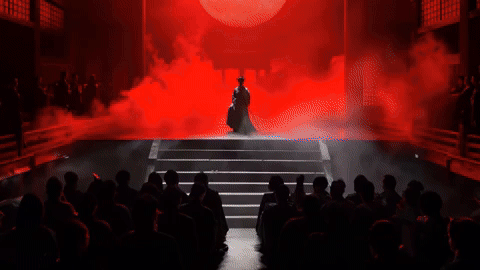Taiwanese actor and musician Bao Xiaobo, also known as Tino Bao, was used AI to bring the personality of his deceased daughter “back to life.” Though he has shared images and video of the digital model before, a recent interview has drawn more attention to his journey through grief and technology.
In 2021, Bao’s world was shattered when his 22-year-old daughter, Bao Rong, succumbed to a rare blood disease. Stricken with grief, Bao turned to artificial intelligence as a tool for solace and memory, crafting a digital version of his daughter. This AI creation, capable of real-time interaction, has brought a semblance of his daughter back into he and his wife’s lives. In an especially poignant scene, the AI even sang a birthday song for his wife.

Bao’s journey into the realm of AI was driven by a desperate need to hear his daughter’s voice again, which was silenced before her passing due to a tracheal intubation. The entertainer immersed himself in AI studies and even enrolled in a PhD program to understand and recreate his daughter’s voice and image. Bao’s fans will also note a change in his appearance: he now has long, flowing white hair, a stark departure from his previous more clean-cut look. He revealed that he hasn’t cut his hair since his daughter’s death, as it had grazed her forehead before her passing.

However, this innovative approach to mourning was met with skepticism by some internet users in the Chinese mainland. Critics argued that such vivid digital recreations might obstruct the natural grieving process. A notable sentiment shared by a Weibo user was, “Actually, there’s no need for this; if souls truly exist, his daughter won’t be able to rest in peace and move on to reincarnation.” Despite these concerns, Bao remained steadfast in his conviction, asserting in an interview, “AI is a tool for harboring memories and a way to express our yearning.” This perspective garnered substantial support among netizens, drawing parallels to a storyline in Wandering Earth 2, where the character Tu Hengyu, portrayed by Andy Lau, also revives his daughter using AI. One Weibo user reflected, “I understand why Tu Hengyu became Tu Hengyu,” referencing the profound emotional journey of the character and its parallels with Bao’s life.
While Bao’s act certainly is a testament to fatherly love, transcending the digital and real, life and death, debate continues on the ethical implications of AI use.
Banner image via Baidu.


















